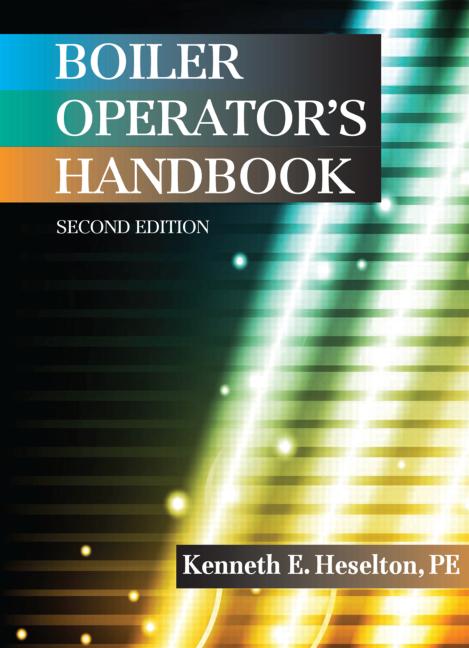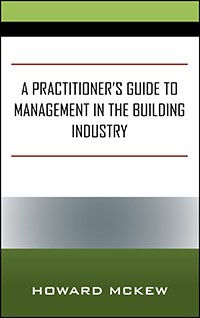RS Group announced that its DesignSpark Environmental Sensor Development Kit (ESDK) has been certified by the Open-Source Hardware Association (OSHWA). Open-source hardware is a term for product designs that have been released to allow anyone to make, modify, distribute, and use.
The aims of OSHWA are to foster technological knowledge and encourage research that is accessible, collaborative, and respects user freedom. The OSHWA certification awarded to DesignSpark recognizes that the kit meets a uniform and well-defined standard for open-source compliance. The certification provides users with the knowledge that the definition of open-source hardware used by a specific project matches the community definition of open-source hardware. It also creates a legally binding and unique logo that can only be used by projects that comply with the community definition.
Developed as part of RS DesignSpark’s #ActivistEngineering campaign, the ESDK is an advanced open-source and cloud-connected platform that makes it easy to prototype custom sensor-based solutions. RS DesignSpark is a fast-growing online community for engineers that offers a suite of design tools, development kits, comprehensive 2D/3D and electronics part libraries, and a host of other design resources (technical articles, projects, and community forums).
Use of the ESDK has supported DesignSpark members in designing projects such as the Breathe Better Bear and The Good Air Canary — two typical projects that have been developed based on the capabilities of the ESDK for air quality measurement. The ESDK can also be deployed in many other scenarios, including a host of IoT applications that have a need for a small Linux computer with an integrated touchscreen and GPS capability.
“RS and the DesignSpark team are delighted to have gained this certification from the OSHWA,” said Mike Bray, vice president of DesignSpark at RS. “Our newly certified open-source ESDK has energized the DesignSpark community to develop many innovative projects based on measurement of air quality around the globe. These projects are free to everyone and are designed to help deliver affordable solutions and make the planet more sustainable.”



